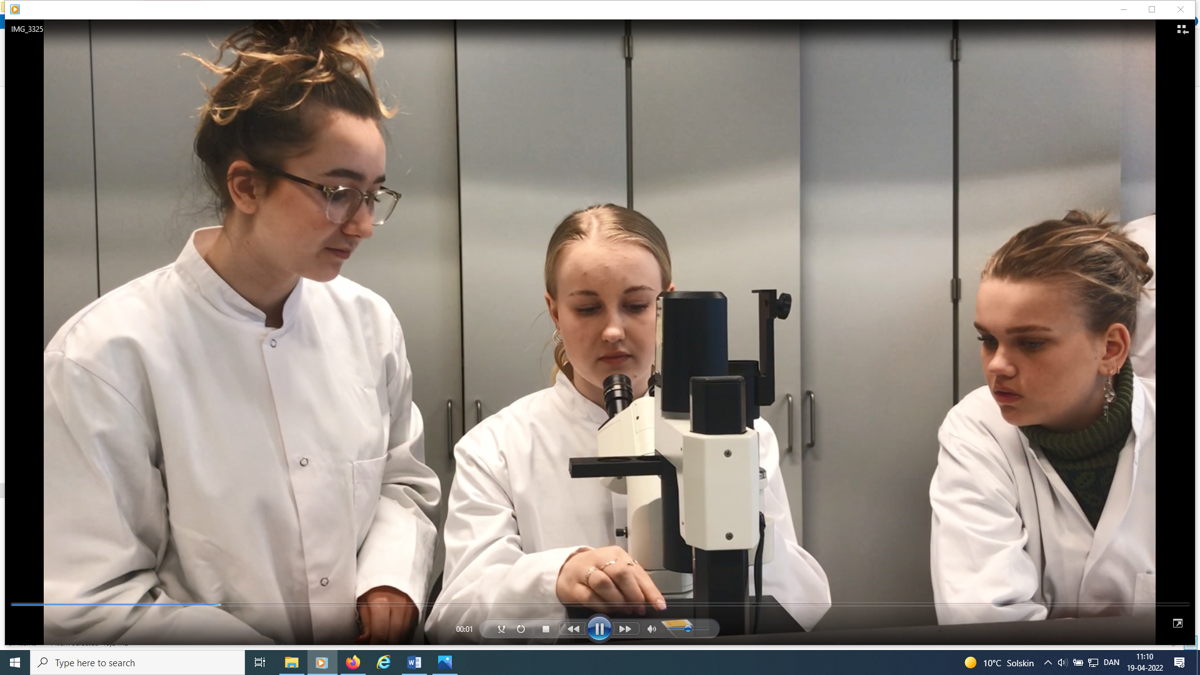Brain Awareness Week
Virtual Events


Event Ideas
Holding events online can reduce costs for organizers and make attendance accessible to a wider audience. Many of the in-person activities that have proven successful during Brain Awareness Week can be easily adapted to an online/virtual format. Here are just a few suggestions:
- Launch a social media campaign during Brain Awareness Week:
- Share information and resources about a topic or issue in brain science that is important to your organization/institution or community.
- Share fun facts about the brain and/or tips to help keep your brain healthy. Use the Dana Foundation’s fact sheets and Glossary as a resource.
- Think of a fun, social media challenge that you can encourage supporters to take part in and share with others.
- Run a series of print or video interviews on your website, social media, or in your newsletter featuring the work of researchers from your organization or institution.
- Organize a webinar featuring a single speaker or moderated panel of experts. Consider choosing a theme and organizing several talks on related topics. Keep your audience engaged by including an interactive component such as polls, quizzes, or a Q&A session.
- Host a live “Ask Me Anything” Q&A Session with a neuroscientist on social media. Have participants submit questions in advance or via live chat.
- Produce a podcast or series of podcasts interviewing scientists about their research.
- Hold a virtual “Town Hall” for children or adults on an engaging topic in neuroscience. Have attendees submit questions in advance or via live chat to be answered by a team of neuroscientists.
- Host a virtual Brain Trivia Night. Use our Truth or Myth Flash Cards as a starting point for your questions!
- Coordinate a virtual classroom visit with a local school. Give a brief presentation about the brain and then lead students through a hands-on activity or experiment that can be done at home or in the classroom. Share a list of materials needed in advance.
- Hold a virtual lab tour for children or adults to inform and excite them about the scientific process and the research being done in their community.
- Watch an episode of the University of Washington’s BrainWorks video series with students and teachers (using share screen), and use the viewer guides for a class discussion.
- Organize a virtual brain fair with short presentations, activities, games, and experiments. Use the “breakout rooms” feature on video conferencing platforms to create several stations where small groups of participants can rotate through and engage directly with neuroscientists.
- Organize an online event or series on maintaining brain health, a topic of increasing importance to people of all ages:
- Get your participants moving with a short exercise or dance class followed by a talk on the benefits of physical activity on the brain.
- Lead your participants through a brief meditation or yoga practice followed by a discussion about their positive effects on brain health.
- Hold a stress management workshop, offering practical tips for managing stress.